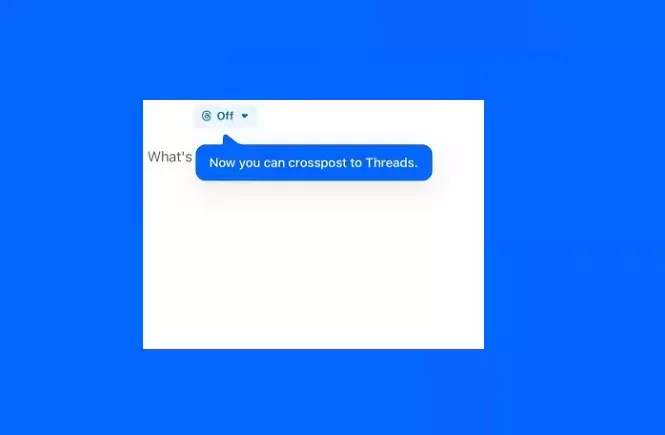The recent test conducted by Meta on cross-posting between Facebook and Threads has sparked a lot of debate and discussion among users. The idea of sharing the same content across multiple platforms raises questions about the relevance and effectiveness of such a strategy. With Meta looking to facilitate broader cross-pollination of content, it is crucial to analyze whether this move will truly benefit Threads’ growth and user experience.
The limited testing of cross-posting on iOS, which includes text and link posts but excludes video updates, has raised concerns among users. While the option to share updates with a larger audience seems appealing, the real question is whether users actually want to see the same content on both Facebook and Threads. The distinct purposes and user preferences on different platforms need to be taken into consideration before integrating functionalities that may lead to a diluted user experience.
Integrating Threads with other Meta apps like Instagram and Facebook may have its advantages in terms of maximizing content mileage, but it also poses challenges in maintaining the uniqueness and individuality of each platform. Users follow different profiles on Twitter, Instagram, and Facebook for specific content, and blending these preferences may not necessarily enhance the user experience on Threads. Lazy posting and replicated updates may lead to a decline in user engagement and degrade the overall quality of content on the platform.
Meta’s strategy to focus on positivity, AI-recommended updates, and increased content to drive engagement on Threads may seem logical from a data-driven perspective. However, the core identity and purpose of Threads as a platform need to be preserved in order to resonate with users seeking a distinct type of content. While Meta may have insights into social platform growth, it is essential to understand the specific needs and preferences of Threads users to ensure long-term success.
The perceived shift towards a gossip magazine approach on Threads, with more entertaining and cross-posted updates, may not align with the expectations of users looking for a Twitter replacement. The diversity of content and engagement styles on different platforms suggests that Threads should maintain its unique identity rather than conforming to a standardized approach. Users seeking a newspaper-type feel on Threads may be dissatisfied with the influx of casual and replicated updates from Facebook.
The cross-posting dilemma between Facebook and Threads raises important questions about the impact of further integration on user experience and platform differentiation. While Meta’s intentions to drive engagement and growth are commendable, it is essential to consider the distinct needs and preferences of Threads users. Balancing innovation with user-centric design will be crucial in shaping the future direction of Threads as a platform. Ultimately, the success of cross-posting initiatives will depend on whether they truly add value to the user experience and align with the core identity of Threads.


Leave a Reply